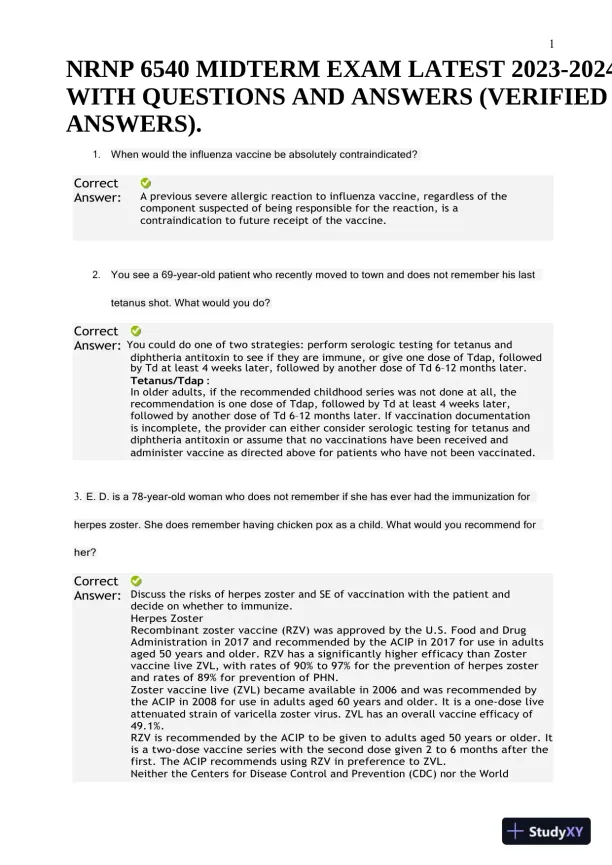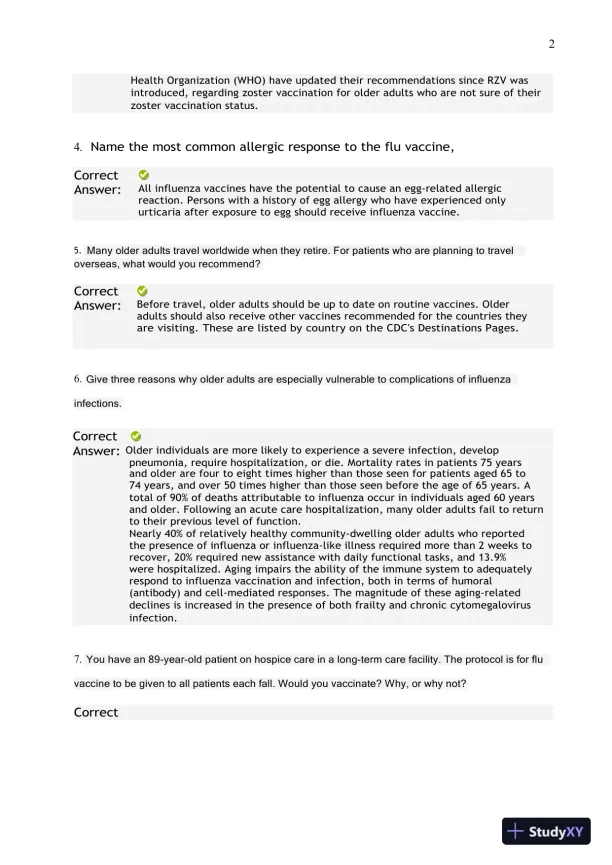Page 1

Loading page image...
Page 2

Loading page image...
Page 3

Loading page image...
2023-2024 NRNP6540 Pharmacology Midterm Exam With Answers is the perfect companion for mastering past exam papers.
Loading page image...
Loading page image...
Loading page image...
This document has 9 pages. Sign in to access the full document!